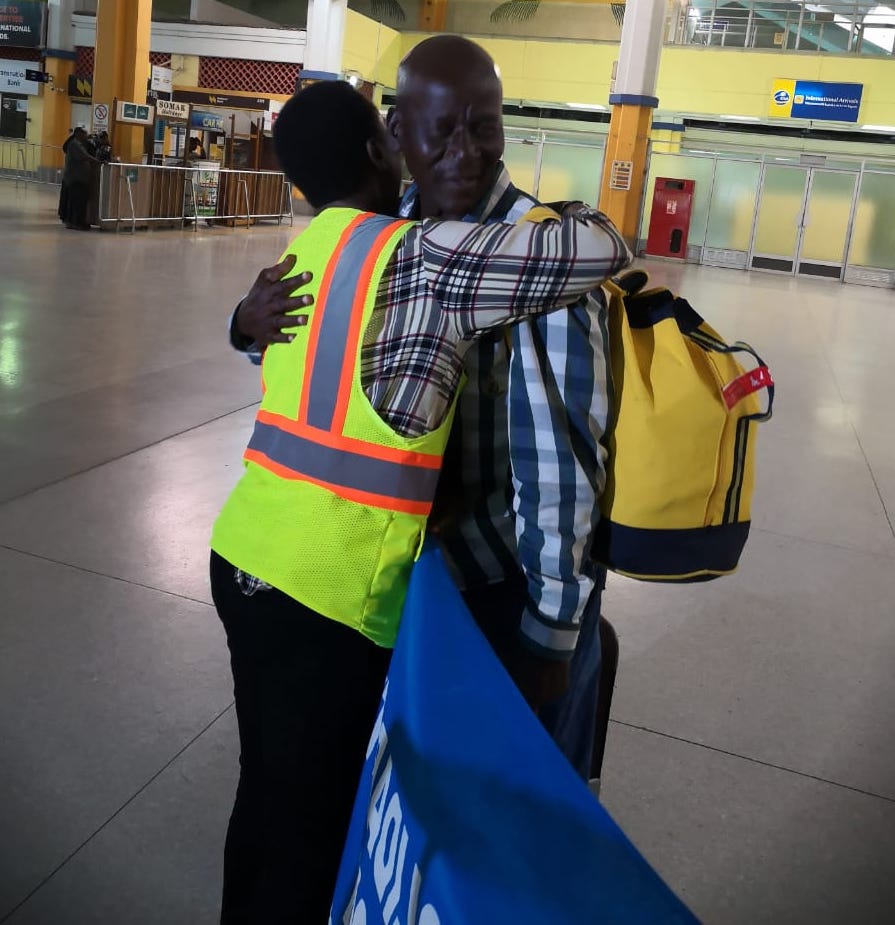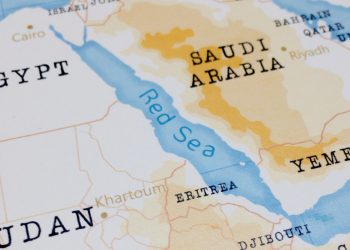10 Kenyan seafarers who had travelled to Pemba, Mozambique through Tanzania in August 2019, in order to work on the EU-bound vessel MV Nina were recently rescued by the ITF.
The seafarers arrived in Nairobi, Kenya, Tuesday, January 7, prior to traveling home to Mombasa.
[smlsubform prepend=”GET THE SAFETY4SEA IN YOUR INBOX!” showname=false emailtxt=”” emailholder=”Enter your email address” showsubmit=true submittxt=”Submit” jsthanks=false thankyou=”Thank you for subscribing to our mailing list”]
In fact, it is said that the seafarers were stranded on the vessel, which had technical problems, for four months without any contracts or adequate food; any of their attempts to contact the Iranian owner of the vessel were met with intimidation and death threats.
The matter was reported to Pemba Maritime Authority and the ITF Africa regional office, which came into action with the help of the ITF’s inspectorate in Mombasa, Kenya, and the SINPOCAF, an ITF affiliate in Mozambique.
The vessel was then inspected by Mozambican authorities and found not to be seaworthy.
ITF inspector Betty Makena said that
African seafarers face low wages, mistreatment from employers and lack of jobs. We call upon governments in the region to work with global unions to develop programs that support seafarers.
ITF Africa regional secretary, Mohammed Safiyanu, added that “we call upon all the relevant stakeholders to work with us to make the lives of seafarers even better.”
Further to this, ISWAN, in partnership with InterManager, ICS, ICMA and ITF, issued a new booklet, entitled ‘Arrested and Detained Vessels, and Abandoned Seafarers’ in April, with the aim to provide guidance to welfare organizations dealing with incidents of seafarers being abandoned and vessels being arrested or detained.
The guidance outlines the responsibilities of the authorities and other organizations that might become involved when problems are identified aboard a vessel whilst in port.

The booklet builds on information contained in guidance originally produced by the UK Merchant Navy Welfare Board and is designed to be adapted by other national welfare boards to suit their particular circumstances.
What is more, in March Human Rights at Sea published the first of a series of case studies on the families of Indian seafarers that had been abandoned for more than 33 months, off the UAE.
HRAS’s publication ‘Abandonment. A Pattern of Human Rights Abuse’ aims to alert the public’s awareness of the consequences to those who suffer, including the family members left behind.
The testimony, corroborated and authorized by Swaminathan, focuses to the battle of remaining mentally strong for his crew and family, while in the meantime he leads his team and coordinates other crews in the surrounding abandoned vessels.




























































